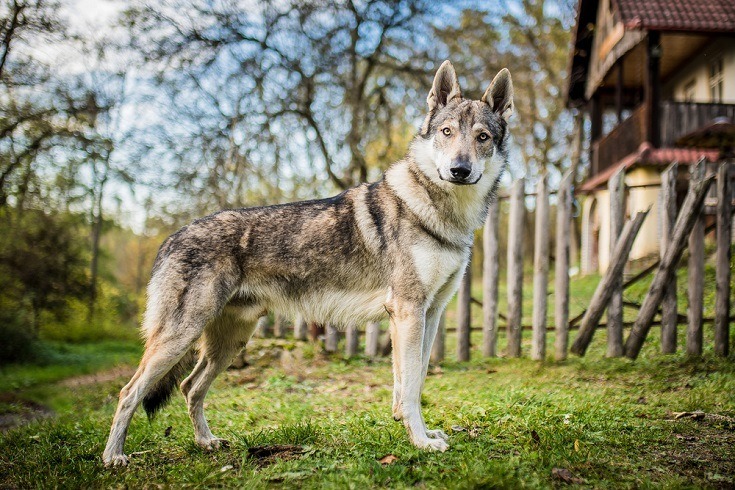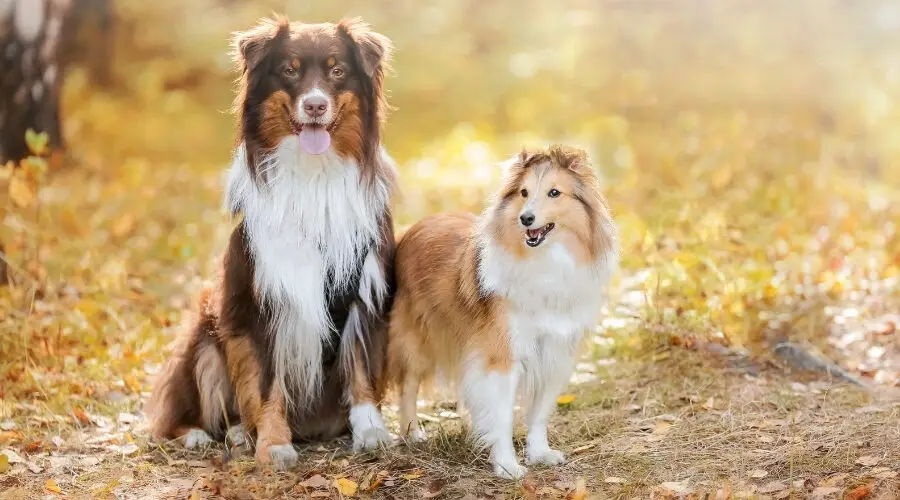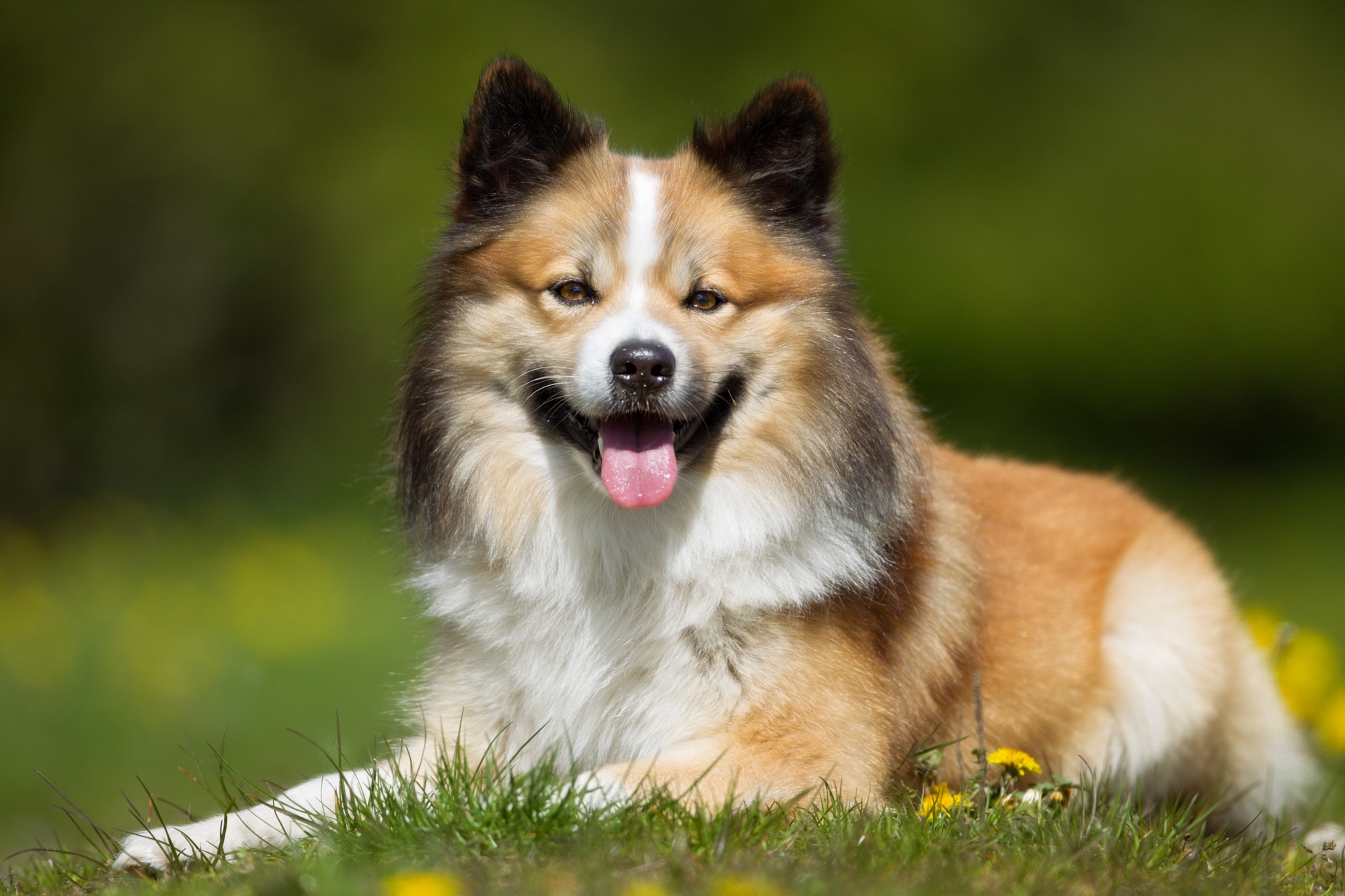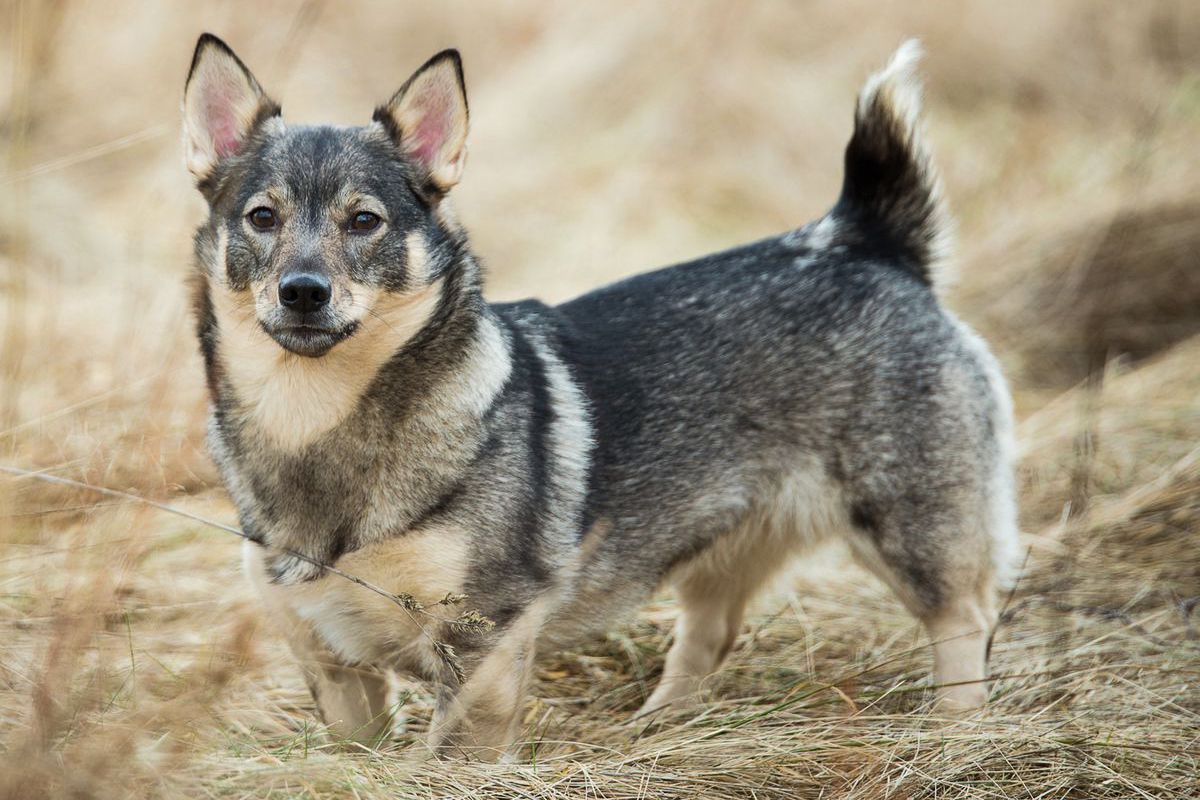Introduction
The Lancashire Heeler is a small and sturdy breed of dog that originated in England. Known for their loyalty and intelligence, Lancashire Heelers were originally bred to help herd cattle and small livestock. Despite their small size, they are strong and agile, with a muscular build and a keen sense of hearing. Lancashire Heelers have a distinctive black and tan coat, with short, smooth hair that requires minimal grooming. They make excellent family pets and are particularly well-suited to households with children, as they are known for their patient and gentle nature.
Lancashire Heeler Temperament
Lancashire Heelers are small, lively, and intelligent dogs that make great companions. They are affectionate, loyal, and friendly towards strangers with early socialization. Positive reinforcement techniques work well for training this breed. They require regular exercise and mental stimulation.
Aggression
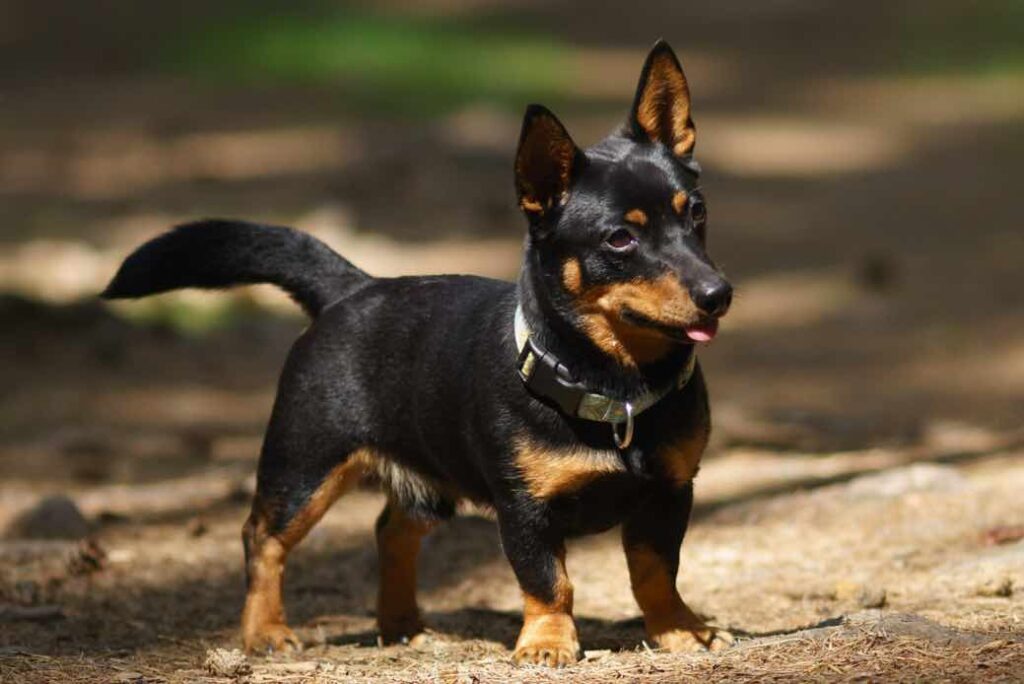
Lancashire Heelers are generally known for their gentle and patient nature, but like all dogs, they can exhibit aggressive behavior under certain circumstances. This can include resource guarding, fear-based aggression, and territorial behavior. Early socialization and proper training can help to prevent aggressive behavior from developing, but it’s important to note that each dog is an individual with their own unique temperament and personality.
Health and Lifespan
The reported lifespan range of the Lancashire Heeler breed is 12 to 15 years.
Food for Lancashire Heeler
As with any dog, it’s important to feed your Lancashire Heeler a well-balanced and nutritious diet to support their overall health and wellbeing. A high-quality dog food that contains a balanced blend of protein, fats, and carbohydrates can provide the nutrients your Lancashire Heeler needs to thrive. It’s also important to pay attention to portion sizes and to avoid overfeeding, as Lancashire Heelers are a small breed that can be prone to obesity. Consult with your veterinarian to determine the appropriate type and amount of food to feed your Lancashire Heeler based on their age, weight, and activity level.
Training for Lancashire Heeler

When training a Lancashire Heeler, positive reinforcement techniques work best. These include using treats and praise to reinforce good behavior. Early socialization is important to prevent shyness or aggression towards strangers. The breed can have a strong herding instinct, so providing opportunities for exercise and mental stimulation is important. Regular walks and playtime in a safe, enclosed area can help prevent destructive behavior. Lancashire Heelers are intelligent and trainable, making them great companions.
Conclusion
In conclusion, the Lancashire Heeler is a small but mighty breed with a gentle and patient nature. Originally bred to help herd cattle and small livestock, they make excellent family pets and are well-suited to households with children. While they can exhibit aggressive behavior under certain circumstances, proper socialization and training can help prevent this from developing. Feeding your Lancashire Heeler a well-balanced and nutritious diet and providing them with access to clean, fresh water is also essential for their overall health and wellbeing. With their loyal and affectionate personalities, Lancashire Heelers are a cherished breed by those who have the pleasure of owning them.

